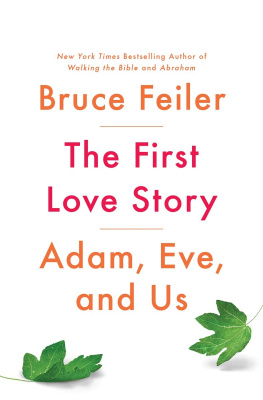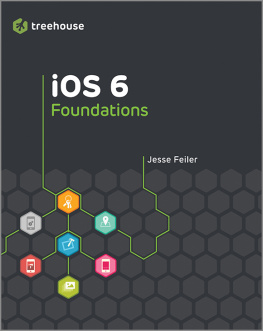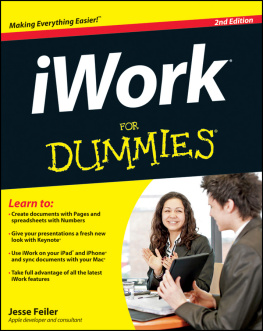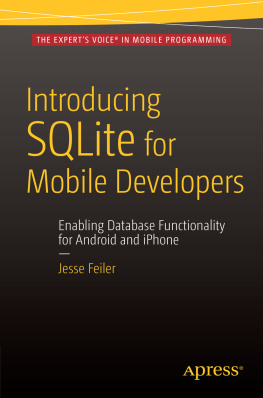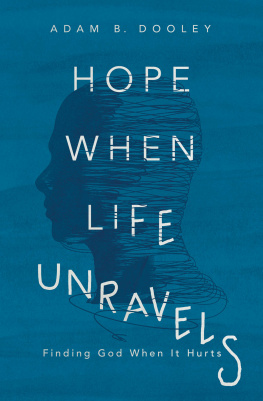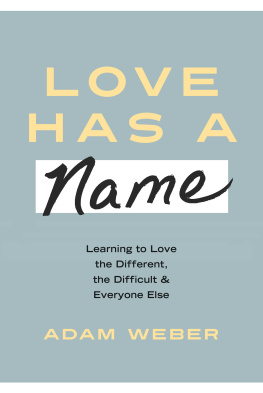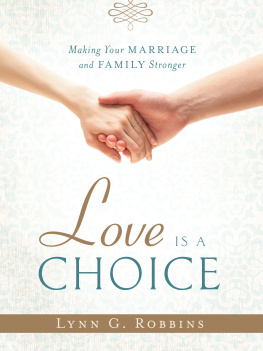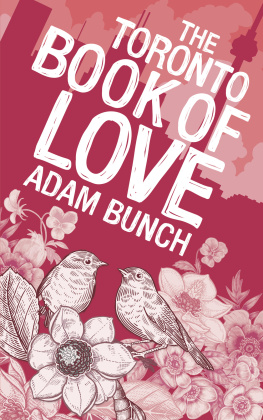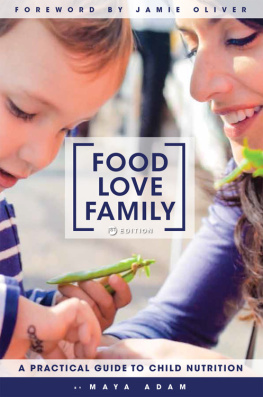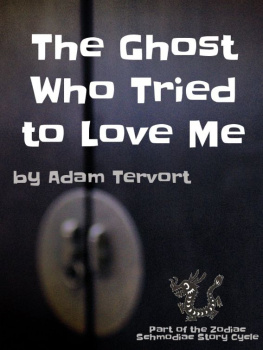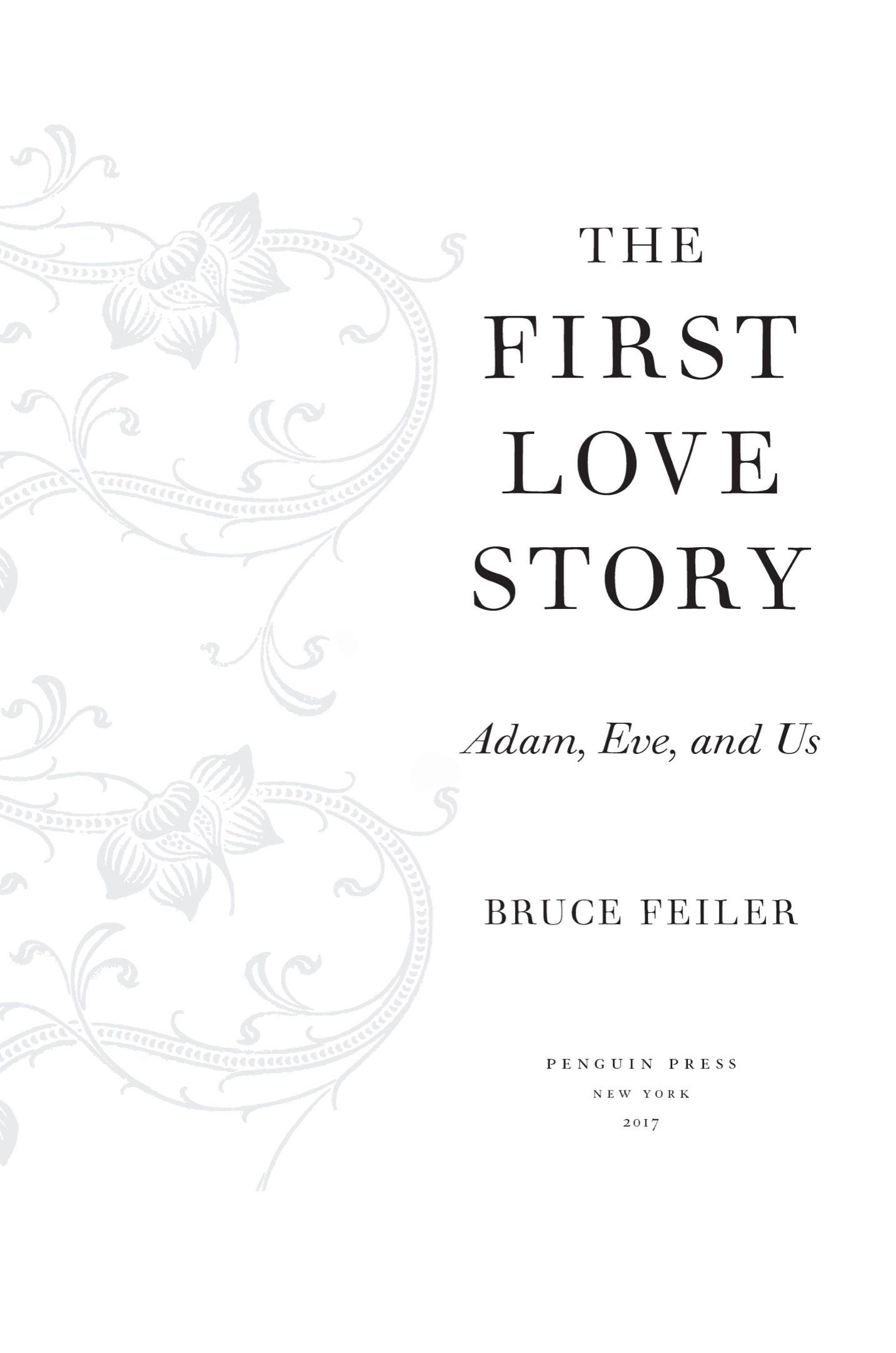Penguin supports copyright. Copyright fuels creativity, encourages diverse voices, promotes free speech, and creates a vibrant culture. Thank you for buying an authorized edition of this book and for complying with copyright laws by not reproducing, scanning, or distributing any part of it in any form without permission. You are supporting writers and allowing Penguin to continue to publish books for every reader.
Love is our true destiny. We do not find the meaning of life by ourselves alonewe find it with another.
INTRODUCTION
THE FIRST COUPLE
Why Adam and Eve Still Matter

W E HEAR A LOT of stories about individuals these days. One person. One hero. One genius. One gunman.
This is not one of those stories.
This is the story about two people. Learning to be together. Learning to live as one.
And its the story, it seems, we were meant to hear first. Because if you go back to the very beginningwere talking Garden of Eden beginningthe story youll find there doesnt begin with one person. It begins with two.
Yet that story of togetherness is not what we usually remember. Because of all the things were told were present in that gardenman, woman, serpent, sex, temptation, deception, sin, deaththe thing thats most important usually doesnt make the list.
Yet its the thing thats most critical for us to survive. Its the antidote to all the suffering the story says plagued us thenloneliness, isolation, anxiety, fearand that plagues us even more today. Its the essence, the story insists, of what it means to be human.
Its love.
Yes, lovemysterious, lustful, painful, beautiful, exhausted, strained, resilient, triumphant.
Thats the real story of the Garden of Eden, yet its the story we somehow neglect to hear.
This book is the story of how we forgot that message, and the story of how we can reclaim it again.
This is the story of Adam and Eve.
The first love story.
The story we never tell.
W HEN MY IDENTICAL TWIN DAUGHTERS were a few years old, I went to a nursery to buy some plants for the front stoop of our home in Brooklyn. The attendant was a man with driftwood-coarse skin, white stubble, a widows peak, and a black hole where his canine tooth was supposed to be, out of which stuck a gnawed toothpick. He had once been a groundskeeper at Yankee Stadium. When I described the blustery conditions of our neighborhood, he perked up.
What you need is a holly! he said, and began wending me through the thicket.
Remembering my grandfather leading me through similar underbrush in Pin Point, Georgia, when I was a boy, looking for sexually compatible wisteria, I said, But with hollies, dont you need a male and a female to berry?
Oh, dont worry, he said. One male can take care of seven females.
Thats perfect, I said. I have two daughters, a wife, a sister, a sitter, a mother, and a mother-in-law. Im a holly!
For more than a decade, I have lived largely in the company of women. At least in my house, that means certain conversations come up over and over again: girls and math, girls and coding, girls and body image, girls and bullying. (Im ignoring the conversations about the deficiencies of dads.) In many ways, these topics reflect the larger conversations that my wife and I have every night and that most couples I know have in one way or anothermen, women, and work; men, women, and power; men, women, and sex. But theres one conversation that I rarely hear about.
Men, women, and God.
As a fatherespecially one who cares about such old-fashioned things as values, service, and spiritualitythe subject of faith is particularly fraught. On one hand, I would love nothing more than for my daughters to grow up with a healthy interest in spirituality, the freedom to explore what they really believe, and the sensitivity to live alongside others with whom they might disagree. On the other hand, given how organized religion has systematically, deliberately, often violently discriminated against women for centuries, can I rightly encourage them to find their voice in a world that has long tried to blot them out? Even more radical, can I possibly suggest to themor to myself, for that matterthat something as staunchly lopsided toward the sexes as religion has anything to say about relationships today?
And yet we need all the help we can get. Its hardly daring to suggest that we live in a time of great confusion over how we relate to others. Were all so busy looking at our screens 24-7 that weve forgotten how to look at the people directly in front of us. Instead of being drawn closer together by the advances of modern life, we seem to be being pulled further apart. Our most basic bonds of community, family, even civility appear to be fraying. In our hyperconnected world we have a crisis of connection.
Add to that, the last generation has seen breathtaking shifts in what it means to be in a long-term relationship with another human being. The simplest rules of who we pair up with, who does what within our relationships, and how long we agree to stay together are being rewritten every day. That includes more women working outside the home, more men helping out inside the home, and more of everyone grappling with the definitions of togetherness, happiness, and a meaningful life. Marriage rates have plummeted; divorce rates have become entrenched; nothing seems fixed anymore.
The Internet has made a complicated situation even more unsettled, with whole new ways to hook up, break up, or simply hole up by yourself. With sexting, infidelity apps, and online porn, once taboo subjects like polyamory, open relationships, and other types of consensual nonmonogamy are exploding. Sexuality has become so ubiquitous and nakedness so commonplace that even Playboy stopped publishing nudes.
As a grown-up, I find these changes baffling enough. As a parent, Im downright afraid. And like many, I cant help wondering: Is there any wisdom from the past that can help us today? Has everything from the old days become outmoded? Or are there any values, lessons, or stories worth preserving?
In my own family, I struggle with these issues every day. My wife, Linda, has a fabulous but demanding career, which means Im proud of her and the example she sets for our daughters, but I dont get to see her as much as Id like. When we do get together, either by phone or at the end of a long day, we spend much of our time deciding whos supervising homework, whos taking the kids to their flu shots, and whos making plans to get away for the weekend when well all stare into devices in far more interesting places. And while I may be a statistical outlier in a world where women show greater interest in religion than men and take more responsibility for teaching values to their children, in my home Im often the one whos insisting we reenact some bygone ritual or discuss some dated text. Especially in an era of neuroscience and nanotechnology, I still believe theres insight in timeworn truths. I tweet, but I Talmud, too.

